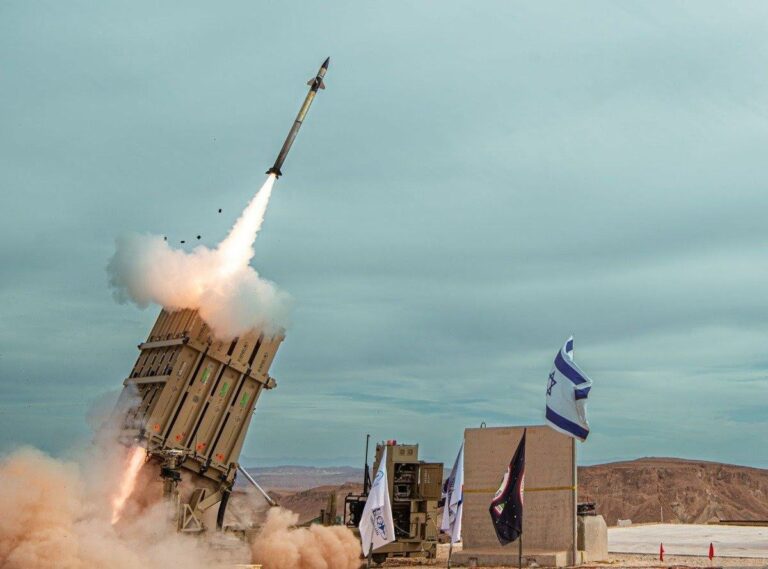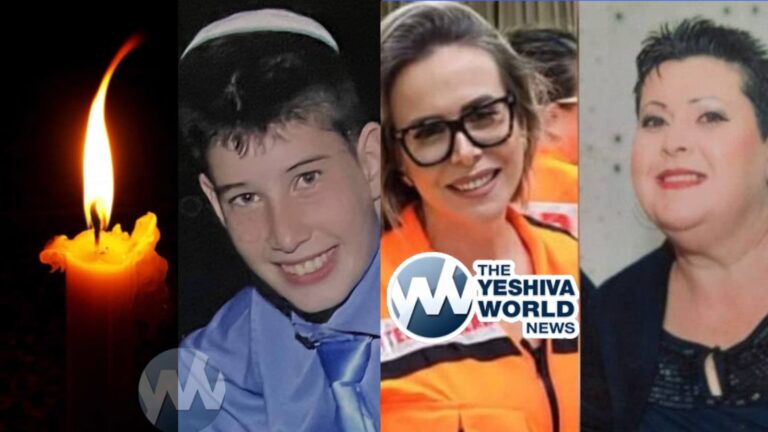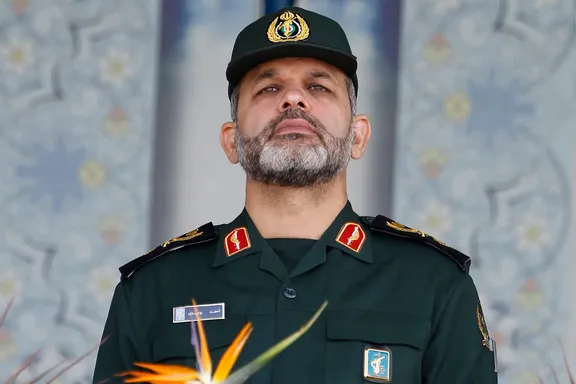 Minister of Religious Services (Bayit Yehudi) Naftali Bennett and his deputy, Rabbi Eli Ben-Dahan on Sunday, 22 Tammuz 5773 appointed ten women to the Chief Rabbinate of Israel voting body of 150 persons.
Minister of Religious Services (Bayit Yehudi) Naftali Bennett and his deputy, Rabbi Eli Ben-Dahan on Sunday, 22 Tammuz 5773 appointed ten women to the Chief Rabbinate of Israel voting body of 150 persons.
They are;
(1) Sara Eliash: A former head of the Lahava Girl’s High School in Kedumim and a settlement activist.
(2) Liat Eshel: A teacher of Jewish Thought in the Harel High School and an honors graduate from the מדעי היהדות Teacher’s Institute.
(3) Attorney Dina Hann: Chairwoman of International Emunah Women and a member of the World Zionist Organization.
(4) Attorney Elisheva Horowitz: A resident of Mitzpei Yericho and a rabbinical advocate with en expertise in recalcitrant husbands and agunos.
(5) Dr. Edit Solberg: A senior lecturer in Ariel University and head of the university’s Institute for Policy Studies.
(6) Nurit Fried: The wife of Rabbi Yochanan Fried, among the founders of the institute to train and certify female rabbinical advocates.
(7) Nechama Gonen: A resident of resident of S’dei Yaakov and a former director of the Segulah Girl’s High School in Kiryat Motzkin.
(8) Attorney Yael Dolev: Runs a law firm that specializes in labor law.
(9) Dr. Peninah Neuwirth: A daughter of former Bayit Yehudi leader Rabbi Dr. Daniel Hershkowitz and the wife of Rabbi Ronen Neuwirth, director of the Beit Hillel organization. She is a senior lecturer on Jewish issues.
(10) Bruriya Rabinowitz: A resident of Efrat and mother of Dasi z”l, who became known nationally in her battle against cancer.
Joining these ten women is Minister (Likud) Limor Livnat, a representative of the cabinet as well as MKs Gila Gamliel, Aliza Lavie, and Miri Regev, representatives of Knesset.
(YWN – Israel Desk, Jerusalem)











One Response
This appears to be a very distinguished and well balanced group of appointees. Its important to remember that this group will simply advise on the rabbonim who are selected to actually make decisions on matters of halacha. These women have no role in such decisions. They can advise, however, if some rav has shown himself in prior cases of a din torah where he had shown himself to be insensitive or disrespectful to women’s issues or to women appearing before him in matters of kidushin, gitten, etc.